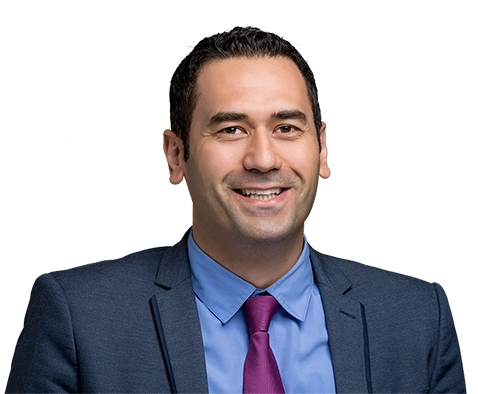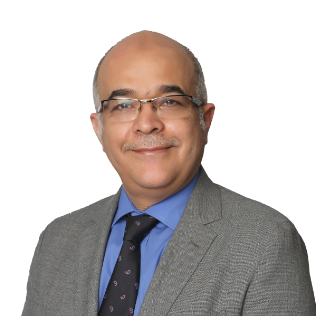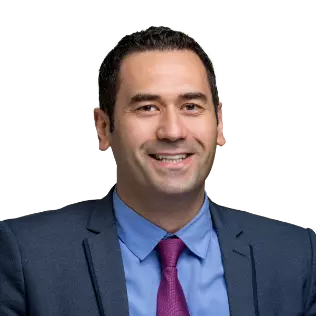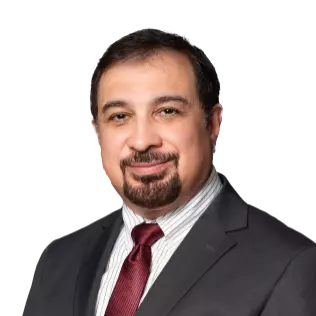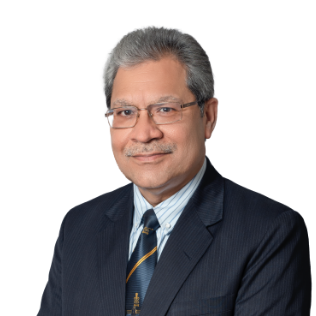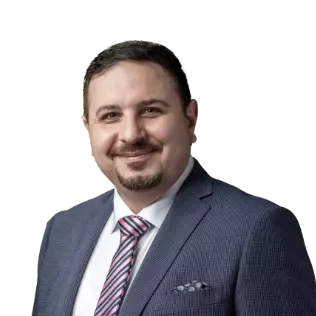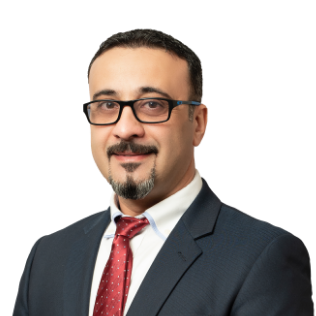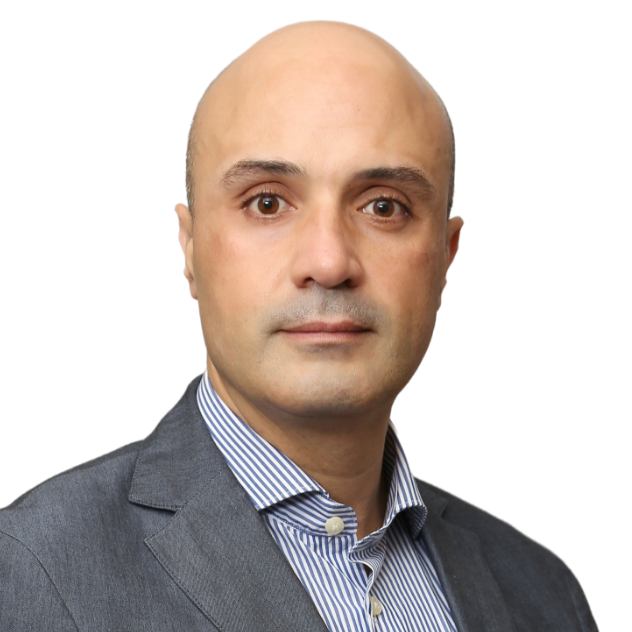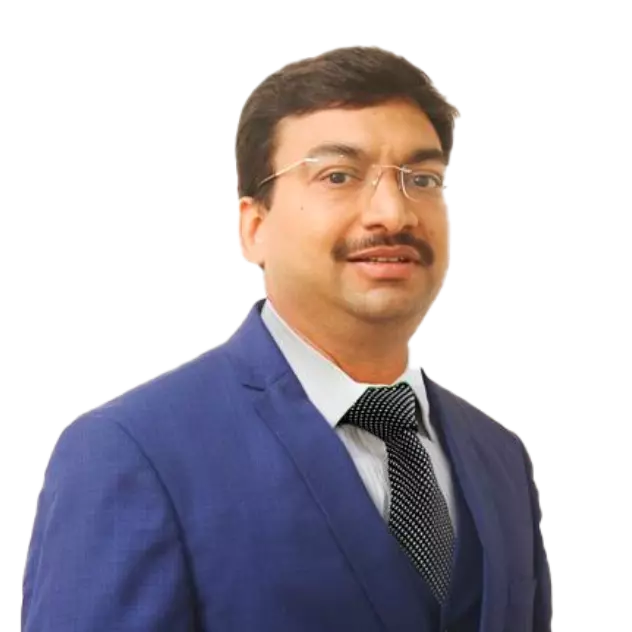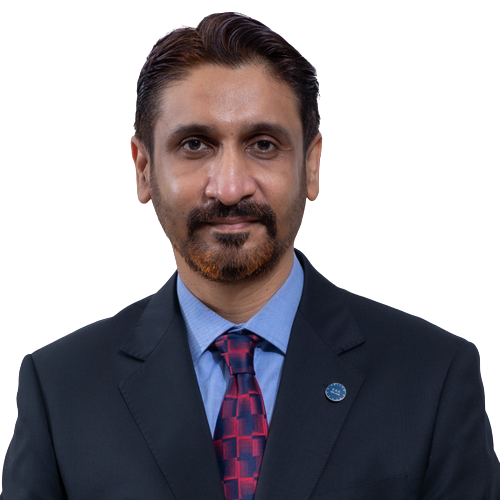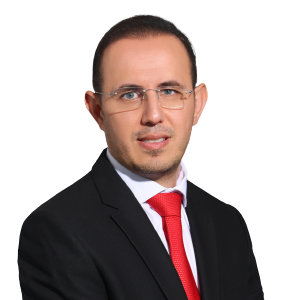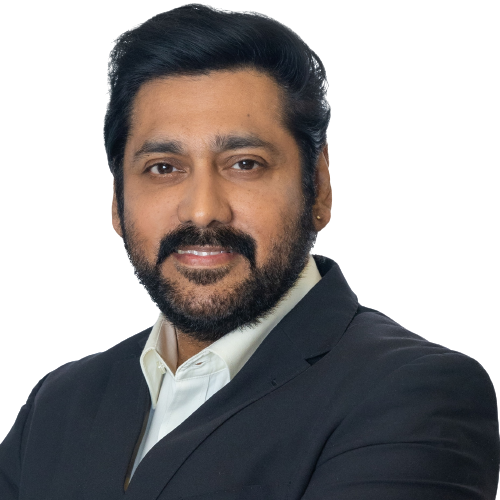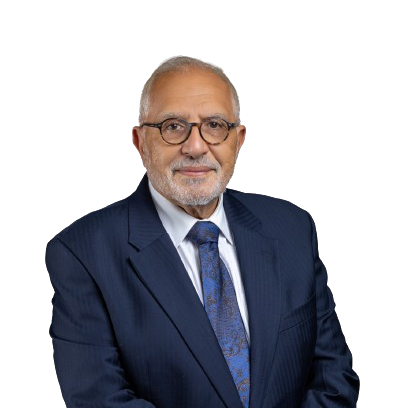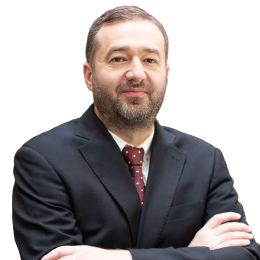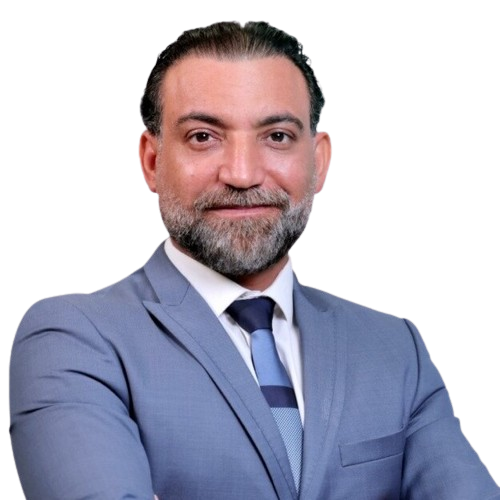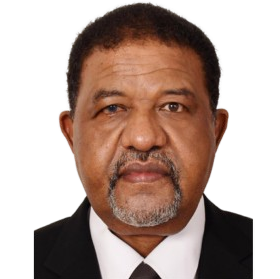Tonsil Stones: Causes, Symptoms & Removal
Written By: Dr. Osama AlKadad
Updated On:December 15, 2023

What are Tonsil Stones?
Tonsil stones, sometimes referred to "tonsilloliths," are tiny stones or lumps of solidified substance that can develop in the tonsils. They are more prevalent in adults than in youngsters and can lead to poor breath. It is uncommon to have a huge tonsil stone, and so the stones are often little.
Tonsil stones are not hazardous and may not require treatment, but if they become a problem, surgical alternatives are available.
Causes of Tonsil Stones
Lymphoid tissues make up the tonsils, which have crypts. Crypts resemble holes, where germs and other detritus may become lodged, causing the tonsil stones. Some people may have larger or more crypts in their tonsils than others, which increases their risk of developing tonsil stones.
One the tonsil crypts are blocked by detritus that harden and calcify, tonsil stones form. Detritus can come in the form of minerals, food, debris, fungus, or bacteria.
Symptoms of Tonsil Stones
In some cases, and due to the size of the tonsil stones, symptoms may not be present. If symptoms do manifest, they may consist of the following:
- Bad breath or halitosis
- A cough that makes you feel uncomfortable or like there's something stuck in your throat
- A terrible taste in your mouth
- Irritated and swollen tonsils
- Difficulty swallowing
- Earache
The back of the throat may have little white or yellow flecks that resemble tonsil stones. There might be a big stone, which sticks out of the tonsils, looking like little boulders stuck in the mouth.
When to see a doctor for Tonsil Stones?
Tonsil stones may typically be treated at home. However, a doctor might need to remove big stones that hurt or create other issues. Also, your doctor might advise having your tonsils removed if your tonsil stones keep returning or are really affecting you. A crucial component of your treatment is follow-up care. Hence, it is always best to consult with your doctor if your tonsil stones are causing you discomfort.
Tonsil Stones Risk Factors
You are at risk for having tonsil stones if you
- have tonsillitis (inflammation of the tonsils) that is persistent or recurrent,
- have large tonsils,
- have persistent sinus problems,
- have inadequate dental care,
- and take certain medications that dry up your mouth.
Tonsil Stones Complications
Tonsil stones can sometimes cause complications; however, this is unusual. For instance, the growth of bacteria within the stones may result in poor breath, halitosis, and tooth decay.
Moreover, large tonsil stones can harm and disturb normal tonsil tissue. Significant swelling, inflammation, and infection may result from this. Surgery could thus be necessary for tonsil stones connected to tonsil infections.
Tonsil Stones Diagnosis
To diagnose tonsil stones, your healthcare professional might perform the following:
- Conduct a physical examination, paying attention to your neck and mouth.
- If they are unable to clearly view the stones, run an imaging scan.
- The stones can be loosened with a dental pick.
Tonsil stones can occasionally be discovered by a doctor when doing an examination. If you are symptom-free, your doctor may find a stone when performing a scan or X-ray for another issue. A dental examination by your dentist can also reveal tonsil stones.
Tonsil Stones Treatment
There is no specific treatment for tonsil stones, although you can control some of the symptoms like poor breath. However, proper oral care is crucial. This entails frequently brushing your teeth and gargling with warm salt water.
The tonsil stones may separate during strong gargling. Some individuals decide to remove them with a dental pick or swab. If you decide to do this, be gentle.
Tonsil Stones Removal
Speak with your provider if tonsil stone symptoms are bothering you. An ENT, or specialist in the ears, nose, and throat, may be recommended. The ENT can talk to you about your surgical alternatives.
Surgical tonsil stone removal may be advised by medical professionals if tonsil stones are:
- Large
- Causing discomfort or other issues
- Resulting in repeated tonsillitis or sore throats
Here are some of the options your doctor may go over if surgery is recommended to remove your tonsil stones:
- Tonsillectomy: The tonsils are entirely removed during a tonsillectomy. If tonsil stones are significantly impairing your quality of life and other treatments for them are failing, your doctor might advise this procedure.
- Laser Tonsil Cryptolysis: The tonsil crypts are removed during this procedure by resurfacing those areas with a laser. The doctor does not remove all the tonsils.
- Tongue Cryptolysis with Coblation: In this technique, medical professionals remove tonsil stones that have developed in the crypts and crevices of the tonsils using radiofrequency energy and salt water.
Tonsil Stones Prevention
Tonsil stones may be prevented by maintaining good oral hygiene. Some of the precautionary measures you can take include the following:
- Regular brushing and flossing. Don't forget to brush your tongue's front and rear.
- Give up smoking.
- Gargle with salt water.
- Stay hydrated.
References
Ah-See, K. Consensus statement on the management of Tonsil stones (Tonsilloliths) for ENT Scotland.
Alfayez, A., Albesher, M. B., & Alqabasani, M. A. (2018). A giant tonsillolith. Saudi Medical Journal, 39(4), 412.
Chang, C. Y., & Thrasher, R. (2012). Coblation cryptolysis to treat tonsil stones: a retrospective case series. Ear, Nose & Throat Journal, 91(6), 238-254.
Ferguson, M., Aydin, M., & Mickel, J. (2014). Halitosis and the tonsils: a review of management. Otolaryngology–Head and Neck Surgery, 151(4), 567-574.
Meet our doctors from the Ear Nose and Throat (ENT) department
